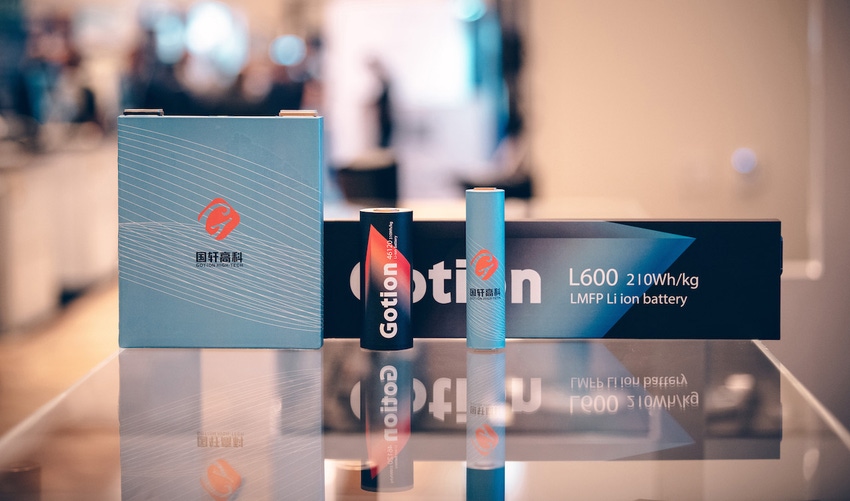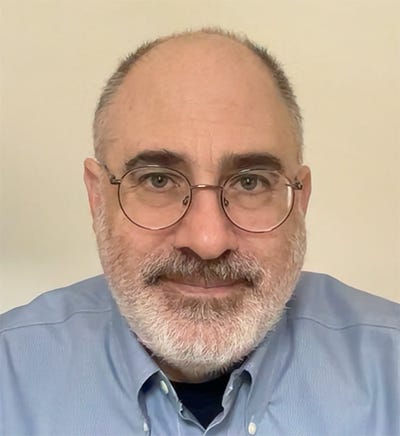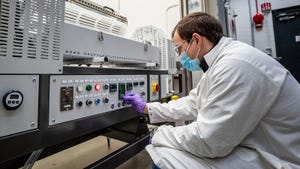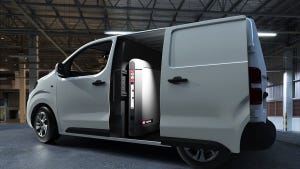Gotion in Motion: Guoxuan High-Tech Keeps Going & Growing
The China battery maker is forming new alliances while moving ahead with US expansion plans: Let’s review.
February 5, 2024

As a key player among China’s cadre of EV battery makers leading electrification efforts worldwide, Guoxuan High-Tech (Gotion High-Tech) kicked off 2024 with an agreement to cooperate with Chery Automobile in exploring innovation in passenger cars and commercial vehicles, as well as opportunities in the new energy vehicle market.
In the agreement announced Jan. 8., Hefei Guoxuan Hi-Tech Power Energy Co, a subsidiary of Guoxuan, will participate in product development while serving as main supplier. The partnership’s scope will encompass battery cell consistency and safety, big data, and even new business areas including electric ships.
Guoxuan and Chery have an extensive history of collaboration beginning in 2012. Guoxuan batteries were installed on the Chery Kari Youyou in 2018 and the Chery Little Ant in 2019. By 2020, more than 20,000 Chery vehicles featured Guoxuan batteries; that year, Chery awarded Guoxuan its Excellent Supplier of the Year honor.
Founded in 1998, Guoxuan went public in 2015. Company Chairman Zhen Li drew inspiration from his 2005 visit to the University of Science and Technology of China and built a team to pursue battery research. Guoxuan launched its high-capacity lithium iron phosphate (LFP) battery in 2007. In 2021, Volkswagen became the largest shareholder of Gotion High-Tech. By 2025, Gotion reportedly hopes to achieve battery cell production volume of 300 gigawatt hours (GWh).
Moves in the US
Gotian, a US subsidiary of Guoxuan, appears on pace to build a $2.36 billion EV battery parts factory near Big Rapids, MI. Gotion purchased 270 acres of land in Green Charter Township in August and, according to a Dec. 24 report from MLive, planned to start cutting trees on the development site in January with an eye toward a groundbreaking this summer.
“Much planning and design is required before spending capital for such a project, so we appreciate the public’s patience on this highly anticipated project,” noted Chuck Thelen, vice president of Gotian Inc. North American Manufacturing.
The facility, projected to employ 2,350, was announced in October 2022 and is a “done deal,” Thelen asserted in a letter to the Michigan Economic Development Corp. late last year. Production is projected to begin in 2025, MLive reported, with the plant being completed and fully staffed by 2031.
However, the project has drawn intense scrutiny nationwide amid a groundswell of opposition from residents worried about the plant’s potential impact on the local environment and the area’s quality of life. Scrutiny over the project grew so heated that township residents voted out all five members of the township board in a November recall election.
Gotion is “dedicated to bringing world-class lithium battery production to North America and delivering high-quality products to our customers in a timely fashion,” Thelen said, according to a Reuters report.
Meanwhile, Gotion is converting an abandoned Kmart distribution structure in Manteno, IL, into a 50 GWh facility, with operations expected to begin this year. Initial production is reportedly expected to be 40 GWh of battery cells and 10 GWh of battery packs. Illinois Gov. J.B. Pritzker expects the plant, about 40 miles from Chicago, to create 2,600 jobs. Like Gotion’s Michigan project, its Illinois plan has drawn mixed reactions.
Furthering research and growth
Just as 2023 was ringing out, Guoxuan inked another deal—this time with Tongji University—to build a battery technology research institute to study materials, structures and management technology of new batteries. A key goal is to build a “battery technology service platform.”
"The Olympic spirit is the pursuit of 'faster, higher, stronger,' and the same goes for batteries—they require higher energy density, faster charging speed, and a stronger life cycle,” Li said at an event marking the agreement. “Our cooperation with Tongji is to be in line with Tongji, to achieve higher goals in the field of new energy vehicles."
The agreement came amid the company’s focus on mass producing 230 watt-hours per kilogram (Wh/kg) LFP cells — and the company achieved the 260 Wh/kg milestone in the lab, according to a report by Asia Tech Observer.
In December, Guoxuan held its 13th Supplier Conference and 2024 Strategy Conference at its headquarters in Hefei, China. In his address “Calmly Returning to the Origin of Development of Things,” which brought the event to a close, Li noted that new energy vehicles have “developed unevenly” in different parts of the world after 10 years of expansion. While EV demand shows some signs of wavering, he urged that the industry must remained focus as it operates in a more mature market with more stable supply chains.
EV Battery Leaders is a series of occasional features profiling the top makers of EV batteries worldwide.
About the Author(s)
You May Also Like





